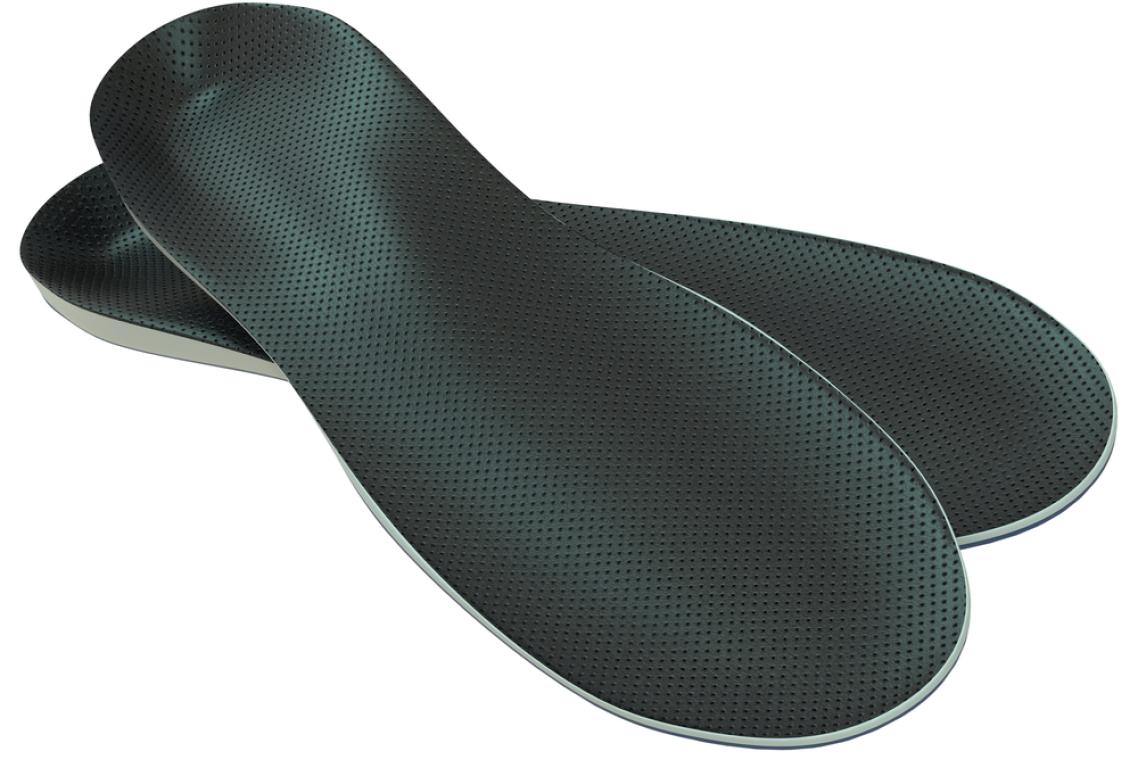Novel shoe insoles step in right direction for multiple sclerosis

An international team of researchers is trialling specially designed shoe insoles aimed at improving the mobility of people with multiple sclerosis (MS).
The study, led by UQ School of Health and Rehabilitation Sciences physiotherapy lecturer Dr Anna Hatton, is seeking 176 people affected by MS to take part in a three month trial of the insoles.
“Many people with MS experience problems with walking which can make day-to-day activities difficult and often leads to falls, so improving walking ability is of primary importance in maintaining health, independence, and quality of life,” Dr Hatton said.
“Evidence suggests that wearing textured shoe insoles, which are designed to stimulate receptors on the soles of the feet, may be one possible option to help improve gait.
“We now need people with MS to help us investigate whether the novel insoles influence the way the leg and trunk muscles work while walking on both even and uneven surfaces.”
The study will also look for changes in the perception of foot sensation and the awareness of foot position.
“Foot sensation plays an important role in keeping the body upright and balanced when walking, yet we know from previous studies that people with MS often have poor sensation on the soles of their feet,” Dr Hatton said.
“Therefore, wearing a specially designed shoe insole, which enhances sensory information at the feet, could help people affected by MS to walk better. “
Dr Hatton’s international research team includes UQ’s Professor Sandra Brauer and Ms Katrina Williams, Professor Graham Kerr of the Queensland University of Technology, Professor Keith Rome of the Auckland University of Technology, New Zealand, and Dr John Dixon of Teesside University, UK.
The trial is supported through funding from Multiple Sclerosis Research Australia.
“It is hoped that the study leads to the development of a new treatment technique, specifically an inexpensive, easy-to-administer shoe insole, which could assist mobility and independent living,” Dr Hatton said.
To be eligible for the study, participants must be over 18 years of age, diagnosed with MS, able to walk 100 metres either independently or with a mobility aid, and have no other neurological conditions or cognitive impairments.
The testing sessions are being conducted at QUT's Gait Laboratory, Kelvin Grove.
Interested participants should contact Dr Anna Hatton on a.hatton1@uq.edu.au, +61 7 3365 4590 or +61 7 3365 3299.
Media: Dani Nash, UQ Communications, dani.nash@uq.edu.au, +61 7 3346 3035.
Related articles

New data reveals how Australia’s threatened reptiles and frogs are disappearing – and what we have to do

Sunlight-powered breakthrough turns methane into valuable ethylene
Media contact
UQ Communications
communications@uq.edu.au
+61 429 056 139
